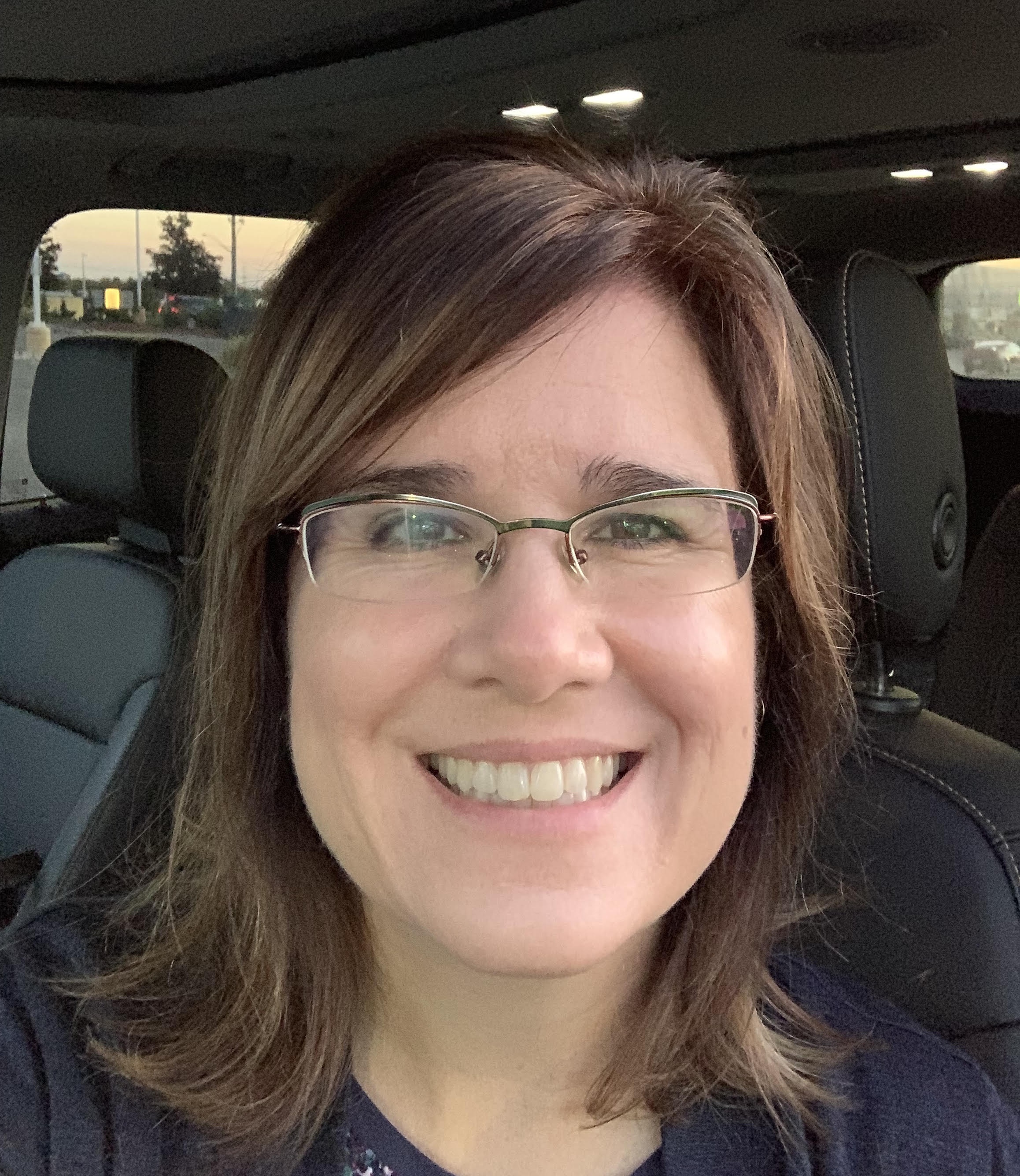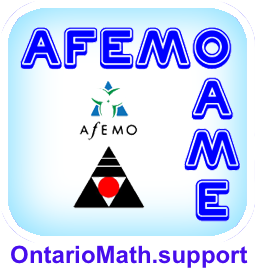President's Message - December 2022
"What we know matters, but..."

SANDRA JEAN PRICE
sandra.jean.price@oame.on.ca
“You just can’t do math.” This one statement shattered my entire world when I was in Grade 7. Things had not been going so well in my personal life, but I was a very strong student, and that was my one constant that allowed me to keep some kind of control and success in my life. But for some reason, I began to struggle partway through Grade 7. The vice-principal was my math teacher and I did not understand the concepts being taught. I suppose I should have asked for help more often, but to be honest, I was afraid of my teacher. I was afraid that he or other students in the class would think I was stupid. Instead, I just sat in silence and tried to read the textbook to try to figure things out. I don’t even remember what the concepts were. I just remember how I felt: lost, alone, and a complete and utter failure.
After one particularly unsuccessful attempt of a math test, my teacher pulled me aside and made that hard-hitting comment to me. In hindsight, I believe that maybe he was trying to be kind and give me a reason why I did poorly, despite wanting to understand. But what he actually did was confirm my worst fears. I was a failure and would never be successful in math. I stopped trying entirely... what was the point? And my marks in my other subjects began to slide as well. Thankfully, the year ended before I could give up completely in all my subjects.
Grade 8 began with my mind still set on the fact that I couldn’t do math, but that changed very quickly after I met my new math teacher. One of the first things she said to the entire class was that her job was to help us understand... all of us, and that if we didn’t understand, her job was to explain it and teach it in a different way until we did. In her math class, we used manipulatives and drawings (the technology at that time was limited to calculators). She would teach things in multiple ways, help us make connections, and encouraged us to ask questions. We were told repeatedly that making mistakes was, in fact, learning. She enjoyed it when we would come up with a different way of solving a problem than she had anticipated, and taught us to embrace alternative solutions. We had choice and we certainly had our voices heard. She always celebrated successes, no matter how small they seemed. She created a community of learners, who just happen to be learning math in her classroom. She was truly ahead of her time.
I did much better in that class. In fact, by Grade 9, I was taking the enriched math course offered at my secondary school. Again, I do not remember exactly what concepts I learned during that Grade 8 year, or which ones I enjoyed the most, but I do remember how I felt: successful, valued, and that I belonged.
The Social–Emotional Learning sections, the “Curriculum Context” in the elementary curriculum document, and the “Some Considerations for Program Planning” sections in both the elementary and Grade 9 documents, help provide a foundation upon which teachers can connect with students. Unfortunately, these are the sections that many of my colleagues do not spend much time examining. In an effort to adequately prepare students, they tend to focus immediately on the specific content expectations. Some are concerned about running out of time and not finishing everything.
I encourage all teachers to read the beginning of the curriculum documents. There is a wealth of information in there that reminds us of why we teach, and what is important in order for students to learn. Allowing for choice allows students to explore mathematics through a lens that connects with them. Along with the use of high-yield instructional strategies, this will ultimately lead to better understanding. Providing opportunities for students to share, and regularly encouraging student voice, promotes a sense of belonging. By investing time doing these things and getting to know your students, the rest of the teaching/learning experience will likely be more successful. The idea of creating a learning community in which students feel safe enough to make mistakes and take risks is not an impossible task. It just needs the same attention that is given to the curriculum expectations within the curriculum documents that are primarily perceived as content driven.
As much as we want our students to remember the important concepts that we teach them, we should also want them to learn about themselves. We want them to love learning. We want them to connect to mathematics in a meaningful way and see how integral it is in their lives. We want them to feel like they are successful and that they belong. We want to help create that positive feeling that they will remember when looking back on their education.
“What we know matters, but who we are matters more.” —Brene Brown
Previous Message:
A Fresh Start
Next Message:
Recycling Old Resources & Making Them New Again


















 Like us on FaceBook
Like us on FaceBook